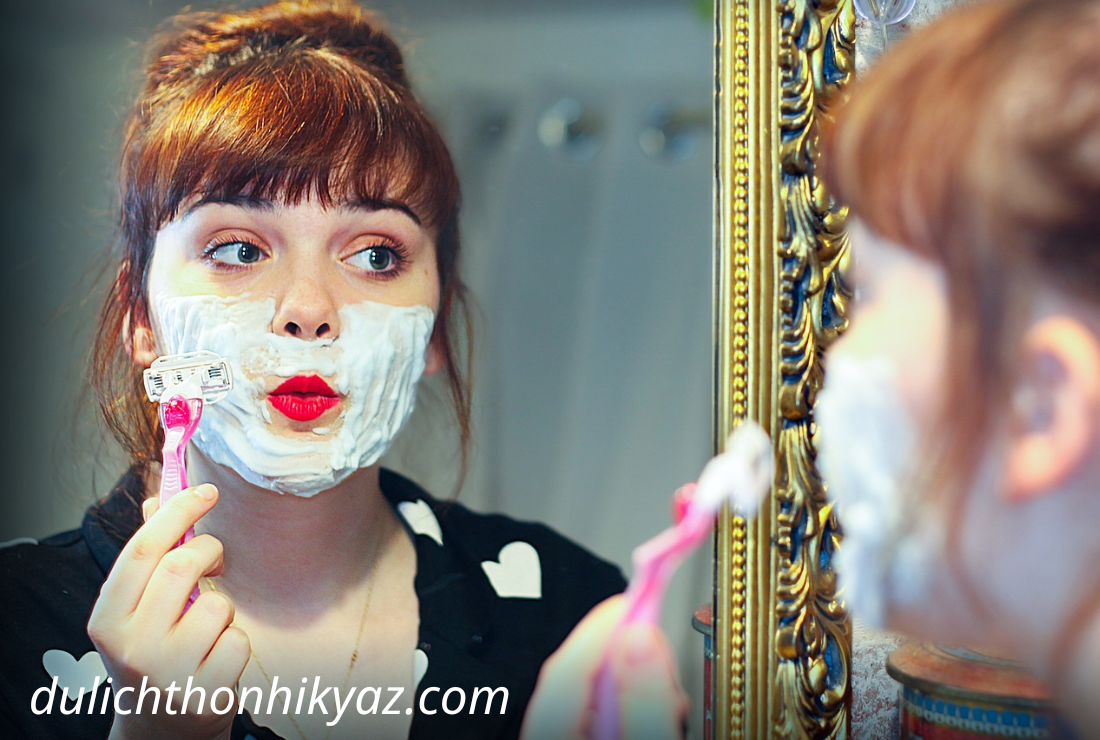As we age, our skin undergoes various changes that can affect its appearance and texture. Implementing a thoughtful and effective anti-aging skincare routine can help maintain a youthful, radiant complexion. This guide provides expert advice on building a comprehensive anti-aging skincare routine to address common signs of aging and promote healthy, glowing skin.
Key Highlights
- Understanding the Aging Process
- Essential Anti-Aging Skincare Ingredients
- Creating a Daily Skincare Routine
- Additional Treatments and Procedures
- Lifestyle Factors for Healthy Skin
Understanding the Aging Process
Key Points:
- Natural Aging: As we age, skin loses collagen and elastin, resulting in wrinkles, fine lines, and sagging. The skin’s ability to retain moisture decreases, leading to dryness and dullness.
- Environmental Factors: Sun exposure, pollution, and lifestyle habits such as smoking and poor diet can accelerate skin aging and contribute to premature wrinkles and skin damage.
Essential Anti-Aging Skincare Ingredients
Key Ingredients and Their Benefits:
- Retinoids: Retinoids, including retinol and prescription-strength tretinoin, stimulate collagen production and promote cell turnover, reducing the appearance of fine lines and wrinkles.
- Vitamin C: A potent antioxidant, Vitamin C helps brighten the skin, even out skin tone, and protect against environmental damage.
- Hyaluronic Acid: This powerful humectant attracts and retains moisture, plumping the skin and reducing the appearance of fine lines.
- Peptides: Peptides support collagen production and improve skin elasticity, helping to firm and smooth the skin.
- Niacinamide: Also known as Vitamin B3, niacinamide helps reduce inflammation, improve skin texture, and strengthen the skin barrier.
Creating a Daily Skincare Routine
Key Steps:
- Cleansing: Use a gentle, hydrating cleanser to remove impurities and makeup without stripping the skin of its natural oils. Cleansing twice daily helps maintain a clean and healthy skin surface.
- Exfoliation: Exfoliate 2-3 times a week with a mild exfoliant to remove dead skin cells and promote cell turnover. Avoid over-exfoliating, which can irritate the skin.
- Serum Application: Apply an anti-aging serum containing ingredients like retinoids, Vitamin C, or hyaluronic acid. Serums are concentrated and penetrate deeply, delivering targeted benefits.
- Moisturizing: Use a hydrating moisturizer to lock in moisture and support the skin’s barrier function. Look for ingredients like hyaluronic acid, ceramides, and peptides.
- Sun Protection: Apply a broad-spectrum sunscreen with SPF 30 or higher every morning, even on cloudy days. Sunscreen protects against UVA and UVB rays, preventing premature aging and skin damage.
Additional Treatments and Procedures
Key Treatments for Enhanced Results:
- Chemical Peels: Chemical peels use exfoliating acids to remove damaged skin layers, improve skin texture, and reduce signs of aging. Consult a dermatologist for appropriate options based on your skin type.
- Microneedling: This procedure involves tiny needles that create micro-injuries in the skin, stimulating collagen production and improving skin texture and firmness.
- Laser Therapy: Laser treatments target specific skin concerns, such as wrinkles, pigmentation, and uneven texture, by promoting collagen growth and resurfacing the skin.
- Botox and Fillers: Injectable treatments like Botox and dermal fillers can temporarily reduce wrinkles and restore volume to the face, providing a smoother and more youthful appearance.
Lifestyle Factors for Healthy Skin
Key Points:
- Healthy Diet: Consume a balanced diet rich in antioxidants, healthy fats, and vitamins. Foods like berries, leafy greens, nuts, and fish support skin health and combat oxidative stress.
- Hydration: Drink plenty of water to keep your skin hydrated from within. Proper hydration helps maintain skin elasticity and reduces the appearance of fine lines.
- Avoid Smoking and Excessive Alcohol: Smoking and excessive alcohol consumption can accelerate skin aging and contribute to wrinkles and dullness. Quitting smoking and moderating alcohol intake benefits overall skin health.
- Regular Exercise: Engage in regular physical activity to improve blood circulation and promote a healthy, glowing complexion. Exercise also helps reduce stress, which can negatively impact skin health.
Conclusion
Building an effective anti-aging skincare routine involves understanding the aging process, incorporating key ingredients, and following a consistent daily regimen. Combining skincare with healthy lifestyle choices enhances results and promotes radiant, youthful skin. By prioritizing both internal and external factors, you can achieve a glowing complexion and address common signs of aging with confidence.
FAQ
- What is the best age to start an anti-aging skincare routine?
- It’s beneficial to start an anti-aging skincare routine in your late 20s or early 30s to prevent early signs of aging and maintain skin health.
- How often should I use retinoids in my routine?
- Retinoids can be used 2-3 times a week initially, gradually increasing frequency as your skin builds tolerance. Follow the product’s instructions and consult a dermatologist if needed.
- Are there any natural ingredients that help with anti-aging?
- Yes, natural ingredients like green tea extract, rosehip oil, and aloe vera offer antioxidant and hydrating benefits that can support anti-aging efforts.
- Can anti-aging treatments be combined with other skincare products?
- Yes, anti-aging treatments can be combined with other products, but be mindful of potential interactions. Introduce new products gradually and consult a dermatologist for personalized advice.
- How important is sun protection in an anti-aging routine?
- Sun protection is crucial in an anti-aging routine as UV exposure accelerates skin aging and increases the risk of skin damage. Consistent use of sunscreen is essential for maintaining youthful skin.

